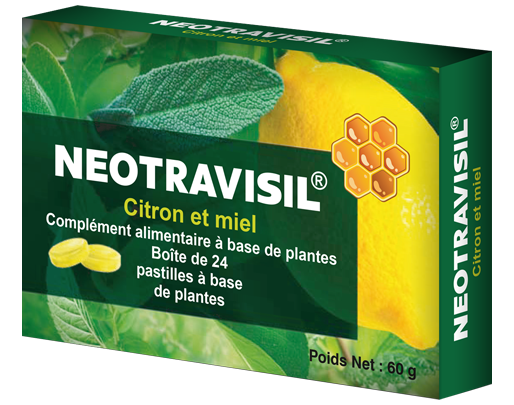
Other names: sticky eucalyptus, blue eucalyptus.
Globular eucalyptus is an evergreen fast-growing tree, with a powerful root system and solid wood, up to 60-80 m in height and a trunk diameter of 1-2 m. Eucalyptus is native to Australia and Tasmania, but it is found in plantings and far from these places, in particular actively cultivated on the Black Sea coast of the Caucasus, mainly in Adjara and Abkhazia. Eucalyptus wood is light, hard, durable and resistant to decay, therefore it is used in shipbuilding, car building, for interior decoration of houses, and wood alcohol and acetic acid are also produced from it.
Globular eucalyptus leaves are harvested from old shoots, for medicinal purposes they are taken from cultivated plantations. The essential oil is obtained from the leaves by steam distillation.
Fresh eucalyptus leaves contain essential (eucalyptus) oil (0.7-2%), which includes cineole (58-80%), pinene, myrtenol, terpenes, aldehydes and ketones, etc. In addition, eucalyptus leaves contain tanning substances (up to 10%), bitterness, resins, esters, flavonoids, phytoncides, resins, wax.
The healing effect of eucalyptus leaves and its essential oil is associated with the action of cineole (eucalyptol). The rest of the components, in the amount in which they are present in the leaves of eucalyptus, apparently do not have a significant effect on the human body, therefore they are not considered as medicinal and are considered concomitant.
Eucalyptus leaves and essential oil obtained from them have a wide range of effects on the human body:
- Bactericidal effect - cause the death of microbes;
- Antiviral action - effective against some viruses;
- Analgesic effect - relieve pain;
- Anti-inflammatory effect - reduce inflammation;
- Expectorant effect - improve the discharge of sputum.
The use of eucalyptus in medicine
Together, these beneficial properties of eucalyptus essential oil provide an excellent healing effect in the treatment of respiratory tract infections, ranging from pharyngitis and laryngitis to pneumonia. In addition, eucalyptus, and above all its essential oil, is an integral part of combined drugs that are taken for cough in bronchial asthma.
The expectorant effect of eucalyptus essential oil has traditionally been widely used in the daily treatment of cough and has been confirmed by scientific studies [4]. Freshly prepared infusion and decoction of the leaves is used for rinsing in the treatment of inflammatory diseases of the nasopharynx and as an expectorant and anti-inflammatory agent for coughs caused by acute bronchitis or pneumonia. Inhalation with eucalyptus oil, infusion or decoction is also effective.
Eucalyptus oil is an excellent air disinfectant. The light scent of eucalyptus tones and gives a feeling of freshness. Eucalyptus in the Neotravisil lozenges has a preventive and antiseptic effect, reduces the likelihood of developing inflammatory diseases of the respiratory tract, coughing and sore throat.
References:
1. Samylina I.A., Yakovlev G.P. Pharmacognosy. Textbook. GEOTAR-Media, 2014. ISBN: 978-5-9704-3071-2.
2. Encyclopedia of medicinal plants online medgrasses.ru
3. Encyclopedia of medicinal plants online www.travniky.ru
4. NAHA Aromatherapy Journal. Spring 2013.1, AJ548, p. 10.






